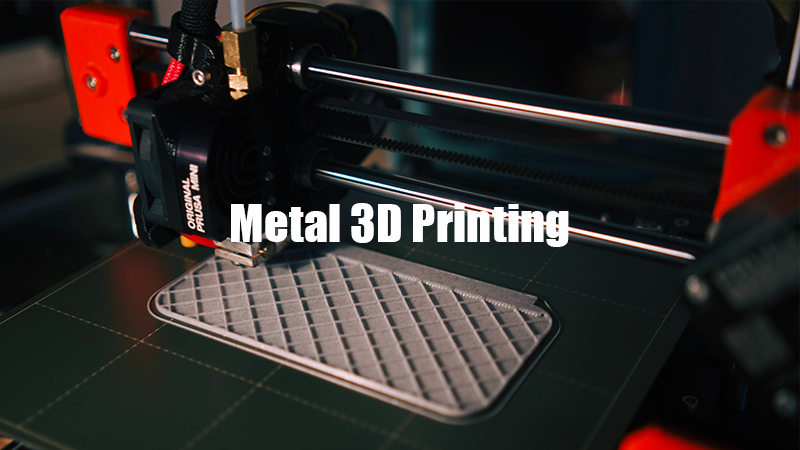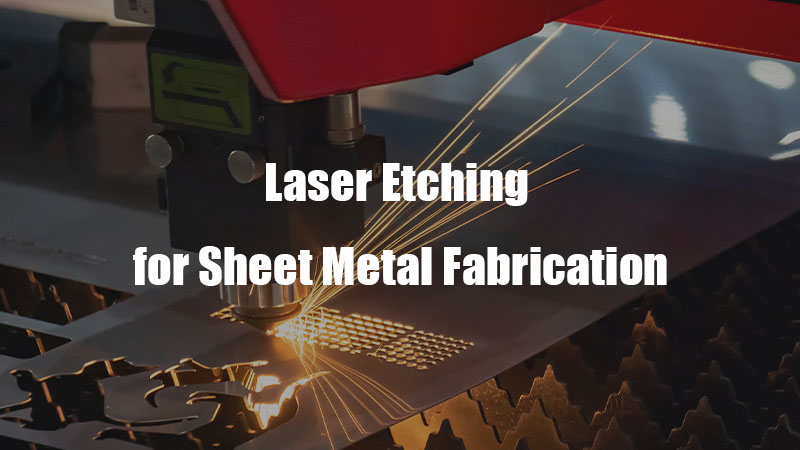What is Titanium?
Titanium is probably one of the most versatile metals in the world today, because of its strength and its ability to be light. The combination of strength and low density made this material suitable for many different pieces in a variety of industries, due to the demands they require. To manufacture in certain industries, with the need for high-performance materials to meet these demanding features, a good strengthening of titanium knowledge can only lead to better decision-making.
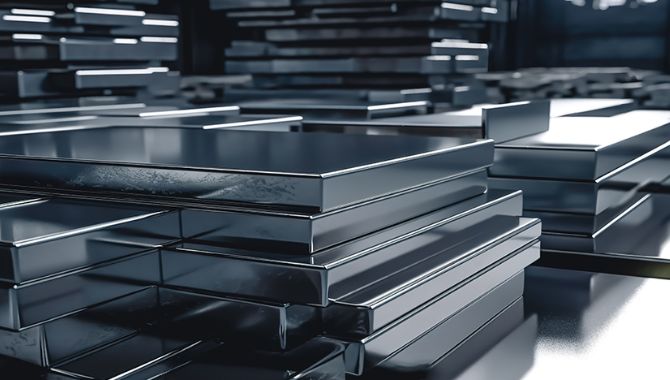
Titanium—Key Characteristics and Properties
Its distinctive characteristics make it quite different from other metals, making titanium one of the favored requirements for some manufacturing operations.
- Toughness and robustness: titanium is stronger than steel and yet it is twice as light. This high strength-to-weight ratio is one of the reasons that makes it quite superior, which in turn is valuable to industries including aerospace where both durability and weight play a vital role. While you can come to depend on titanium for great performance, where added bulk is unnecessary in your designs.
- Excellent Corrosion Resistance: Specifically, it brings out the quality that makes titanium suitable for use in consideration of its corrosion resistance and which is further compounded by the capability to work well in sea water and industrial chemicals. This resistance means that titanium-built products need far less maintenance and will last longer than other options when designed for high-stress environments, providing a greater payoff over time.
- Non-Reactive: Titanium is non-reactive- it does not react with human tissue. This makes it a prime alternative in medical grade implants and devices with higher safety factors, longevity etc. If you opt for titanium in your medical applications, you are going to be able to use a well-established and reliable material.
- Heat Resistance: May it be high or low, titanium will never lose its strength at higher temperatures and even when light-weighted alloy is being considered while cooling down. This property makes titanium very useful in applications that will degrade other metals.
- Light Weight: Titanium is surprisingly strong for its weight, which reduces the overall mass of structures and components. As a result, this is what enables weight savings to the tune of mere grams in industries such as the automotive and aerospace sectors.
- Metallic Conductivity: Not as conductive as typical metals such copper, titanium is a pretty decent conductor of electricity. This provides a utility in certain applications where its other benefits — such as resistance to rusting—outweigh the necessity for conductivity.
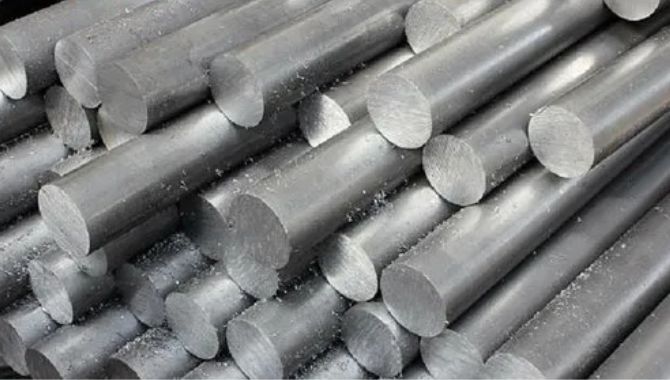
Applications of Titanium
Titanium can be used in so many different applications simply because of how incredibly versatile it is and the fact that all have characteristics of their own, unique to them.
- Aerospace: Aircraft bodies, engine parts and fasteners in general are made of titanium. With its superior strength and low weight, it can enhance fuel economy and general capability of aircraft, hence a key material to modern aviation.
- Automotive: High-performance titanium (for example in exhaust systems, valves, suspension components). The lighter weight in turn enhances both speed and fuel economy quite dramatically — allowing the latter to gain efficiency levels comparable to vehicles, despite still being as tough.
- Biomedical: Congeners of the joint replacements (or hip implants) also apply titanium as do dental & surgical equipment as well. Separately, biocompatibility testing demonstrated the sensor working with human tissue smoothly and for many weeks in patients without rejection.
- Industrial applications: Titanium is used in industries such as chemical processing, power generation, marine and many others. This makes them resistant to corrosion and is ideal for severe environments where other metals would quickly deteriorate, leading to a longer service life with high integrity under punishing process conditions.
- Sports Equipment: Titanium is the ideal metal (light and strong) for golf clubs, tennis rackets, and bikes. They can not only perform better with the use of these types of products, but they will add durability to such materials that are designed for athletes.
- Retail Consumer Electronics: Titanium has also gained popularity in retail consumer electronics, most notably phones and tablets. Durability, low weight and the ability to configure cameras compactly make it a popular choice for manufacturers that want robust design solutions.
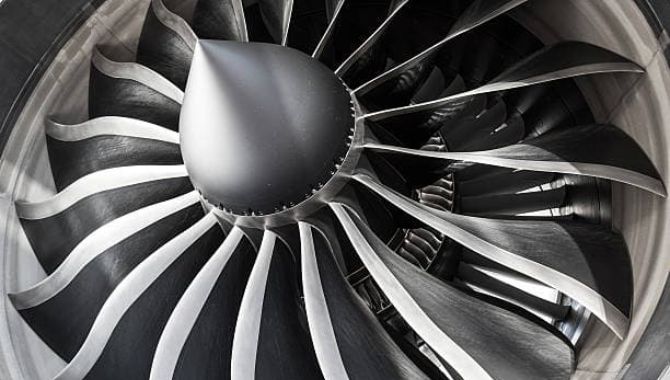
Drawbacks and Constraints of Titanium
But with the advantages it offers, titanium also has a few challenges you should bear in mind when using it for manufacturing applications.
- High Initial Costs: Titanium is more expensive than many other metals, which means you’ll need to make a significant investment upfront. However, the long-term durability and performance often justify these initial costs, providing value over time.
- Complex Machining: Titanium machining is not easy, it needs special tools and techniques. This complexity can make a mess in your manufacturing operation as well, increasing production costs and longer lead times if not properly managed.
- Not Widely Available: Compared with steel, titanium is not in the market frequently and thus might be slightly more difficult to obtain, a fact which can complicate the acquisition process. In case your sector orders huge amounts, you may have to organize and prevent any shortages or delays.
- Thermal Conductivity: Titanium is heat sensitive, so if not done properly this could cause problems such as tool wear and surface finish issues during machining. Control fires are used to manage these challenges with the correct techniques and cooling methods.
- Welding Challenges: Working with titanium means that welding can be tricky, as it must take place in a controlled environment, so the material doesn’t become contaminated. Poorly coordinated welding processes can cause unstable welds that jeopardize the overall structure. Skilled professionals and the right equipment are required to achieve successful welding.
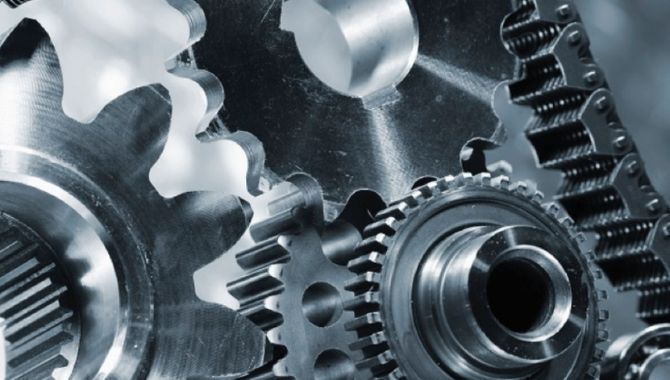
Conclusion
Titanium is a specialist material that has proven itself tenacious on the shop floor due to its extraordinary strength, impressive corrosion resistance, durability and lack of reactivity. While it has higher upfront costs and may present machining difficulties, history outlays high dividends to the aerospace industry (and even automotive and medical manufacturing) in the long run. Knowing the properties and application of titanium material helps you make better decisions that will overall improve your production processes and business processes.



